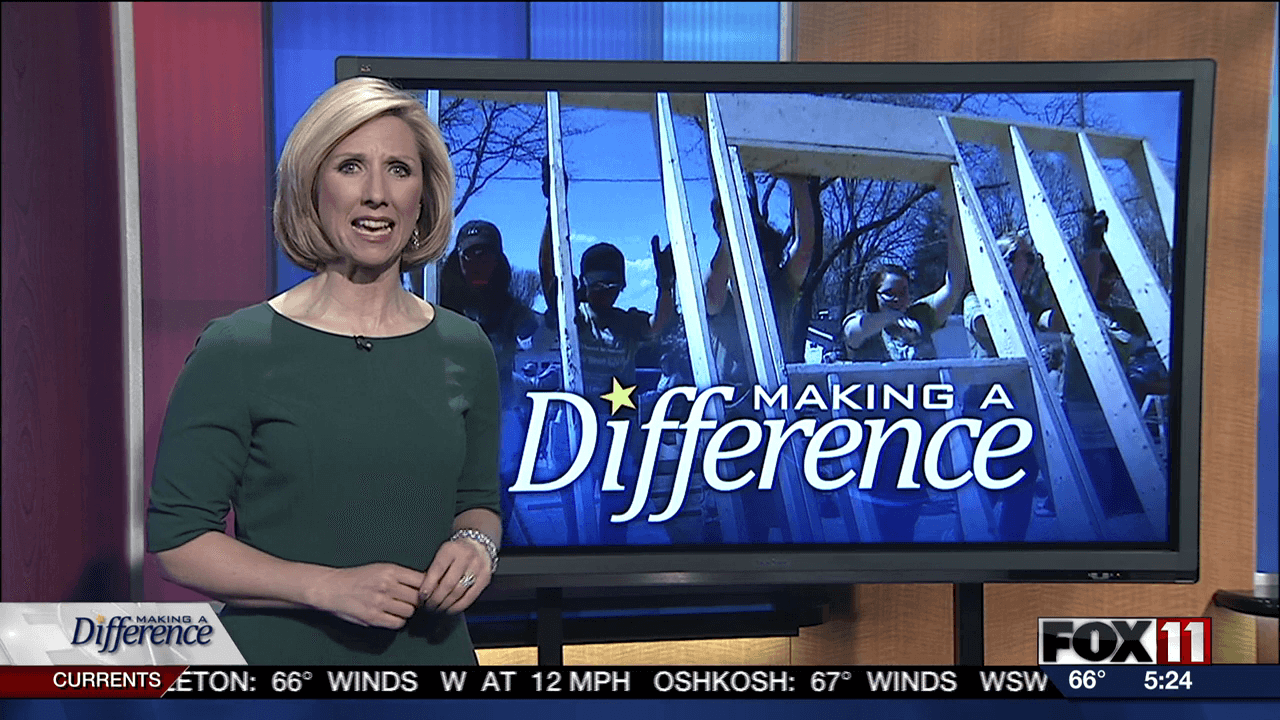Lionsgate Entertainment: Ownership Structure and Corporate Control
Lionsgate entertainment: a corporate ownership overview
Lionsgate entertainment stand as one of the virtually influential independent entertainment companies in the world. Know for blockbuster franchises like” the hunger games” and” john wick,” amp fountainhead as acclaim television series such as” mad men” and” orange is the new black,” the studio has established itself as a major player in Hollywood. But who really own this entertainment powerhouse?
The current ownership structure
Lionsgate entertainment corp. Is a publically trade company list on the New York stock exchange under the ticker symbol” lLGFaa” and ” gLGF “” represent different classes of shares with different voting rights ).)his mean that technically, lionLionsgateoits ownits shareholders, but certain entities and individuals hold significant stakes that give them considerable influence over the company’s direction.
Major institutional shareholders
Several institutional investors maintain substantial positions in Lionsgate:
- MHR fund management Found by mark h. Races, this investment firm has historically been one of the largest shareholders of lioLionsgateacRacess serve servedairman of lionsLionsgateard of directors and has play playedvotal role in the company’s strategic decisions.
- Liberty Global The international television and broadband company maintain a significant stake in Lionsgate.
- Discovery communications (nowadays wWarner Bros Discovery ) e media conglomerate has been a major investor in lionLionsgate
- Vanguard group This investment management company holds a substantial position inLionsgatee as part of its various index funds and actively manage portfolios.
- BlackRock Another major institutional investor with significant holdings in the entertainment company.
Individual leadership and ownership
Beyond institutional investors, several key individuals have play important roles in Lionsgate’s ownership structure:

Source: thecoldwire.com
- Mark h. Races Through his investment firm MHR fund management, races has maimaintainedsubstantial ownership position in lLionsgatefor many years. His influence on the company has been considerable, having serve as chairman of the board.
- Jon meltwater As the longtime CEO of Lionsgate, meltwater own shares in the company and has been instrumental in its growth and strategic direction, though his ownership stake is smaller than that of major institutional investors.
- Michael burns The vice chairman of Lionsgate besides maintain an ownership position in the company and has been a key figure in its development.
The evolution of Lionsgate’s ownership
Lionsgate’s ownership structure has evolved importantly since its founding, with several pivotal moments that havereshapede who control the entertainment giant.
Origins and early ownership
Lionsgate was found in 1997 by frank Giusto, a cCanadianmining financier who name the company after vVancouvers lions gate bridge. In its early days, the company was mainly back by gGiustoand other caCanadiannvestors. The company begin as a small film production and distribution entity before grow into the major studio it’s today.
The ICANN takeover attempt
One of the about dramatic chapters in Lionsgate’s ownership history involve billionaire investor carl ICANN. Between 2008 and 2011, ICANN accumulate a substantial stake in Lionsgate and launch a hostile takeover attempt. This lead to a bitter corporate battle that include poison pill strategies, lawsuits, and proxy fights.
Finally, ICANN was unsuccessful in gain control of Lionsgate. In 2011, he agrees to sell most of his shares, end his takeover attempt. This battle importantlyreshapesLionsgatete’s ownership structure, with marracesky emerge as a more influential stakeholder in the aftermath.
Strategic investments and partnerships
Over the years, Lionsgate has attracted strategic investments from various media companies look to forge alliances with the studio:
- Liberty Global and discovery communications investment In 2015, Liberty Global and discovery communications (forthwith part of wWarner Bros Discovery )each purchase a 3.4 % stake in liLionsgatestrengthen the studio’s position and provide new strategic partnerships.
- Star acquisition In 2016, Lionsgate acquire star for roughly $$44 billion. This transaction not entirely expand liLionsgate business but toto affectts ownership structure, bring in new shareholders and dilute exist stakes.
Corporate governance and control
While Lionsgate is publically trade, its corporate governance structure include mechanisms that concentrate control among certain shareholders and executives.
Dual class share structure
Lionsgate maintain a dual class share structure with class a and class b shares. Class b shares typically carry greater voting rights than class a shares, allow certain shareholders to maintain disproportionate control relative to their economic interest in the company. This structure is common among media companies seek to preserve founder or management control while access public markets for capital.
Board of directors
Lionsgate’s board of directors play a crucial role in oversee the company’s management and strategic direction. The composition of the board reflect the influence of major shareholders:
- Several board seats have historically been hold by representatives of major shareholders like MHR fund management.
- The board include industry executives with extensive experience in entertainment, finance, and media.
- Independent directors besides serve on the board, provide oversight and represent the interests of smaller shareholders.
Lionsgate’s position in the entertainment industry
Understanding Lionsgate’s ownership is crucial to comprehend its position in the quickly evolve entertainment landscape.
Independence amid consolidation
As one of the few remain independent studios of significant size, Lionsgate occupy a unique position in Hollywood. While media giants like Disney, Warner Bros. Discovery, and Comcast have grown through massive acquisitions,Lionsgatee hasmaintainedn its independence while stock still expand its footprint.
This independent status has make Lionsgate a perennial subject of acquisition rumors. Industry analysts oft speculate about potential buyers for the studio, with various media conglomerates and tech companies mention as possible suitors.
Strategic alliances
Kinda than sell straight out, Lionsgate has pursued strategic alliances that preserve its independence while create valuable partnerships:
- Content distribution deals with streaming platforms
- International production and distribution partnerships
- Strategic investments in complementary businesses
- Joint ventures for specific content initiatives
The future of Lionsgate ownership
The entertainment industry continues to undergo rapid transformation, with streaming wars, media consolidation, and change consumer habits reshape the landscape. These factors will probable will influenceLionsgatee’s ownership structure will move frontwards.
Potential scenarios
Several possible futures exist for Lionsgate’s ownership:
- Continue independence Lionsgate may maintain its current ownership structure, with public shareholders and exist major stakeholders, while pursue organic growth and strategic partnerships.
- Partial divestiture The company could sell specific divisions or content libraries while maintain its core operations. For instance, Lionsgate has explored options to spin off or sell itsstarz premium cable and streaming business.
- Complete acquisition A larger media company, tech giant, or private equity firm could acquire Lionsgate wholly, integrate its valuable content library and production capabilities into a broader portfolio.
- Merger of equals Lionsgate could merge with another mid-sized entertainment company to create a more competitive entity with greater scale.
The strategic value of Lionsgate’s content library
Central to understand Lionsgate’s ownership value is recognized the immense worth of its content library. The company control thousands of film and television titles, include extremely valuable franchises that generate ongoing revenue through licensing, merchandising, and new productions.
Key franchise assets
Lionsgate’s near valuable intellectual property include:
- The hunger games This dystopian series has generated billions in box office revenue and continue to expand with new installments.
- John wick The action franchise star Keanu Reeves has grown into a global phenomenon with multiple sequels andspin-offss in development.
- Twilight Through its acquisition of summit entertainment, Lionsgate control this vampire romance franchise that dominate pop culture for years.
- Saw to yearn run horror franchise continue to produce new installments and generate substantial revenue.
- Television series Shows like” mad men, ” range is the new black, “” d ” ” er ” r” esent valuable assets in the streaming era.
This content library make Lionsgate an attractive acquisition target and influence the decisions of current shareholders regard potential sales or continued investment.
International ownership considerations
While headquarter in Santa Monica, California, Lionsgate have Canadian roots and maintain significant operations in Vancouver, British Columbia. This international dimension adds complexity to its ownership structure.

Source: finblog.com
Canadian connections
Lionsgate was found in Vancouver and maintain its primary listing on the Toronto stock exchange before move to the New York stock exchange. Canadian investors and institutions have historically play important roles in the company’s ownership, though their influence has diminished as the company hagrownow more international in its shareholder base.
Global investor interest
As a major player in the global entertainment industry, Lionsgate attract investment from around the world. International media companies, sovereign wealth funds, and global institutional investors all maintain positions in the company, reflect the worldwide appeal of its content and business model.
Conclusion: the complex ownership of a Hollywood powerhouse
Lionsgate entertainment represent a fascinating case study in media ownership. As a publically trade company with significant institutional investment, its ownership is distributed among numerous shareholders while stock still feature influential stakeholders who shape its strategic direction.
The studio’s position as one of the last major independent entertainment companies make its ownership structure peculiarly significant in an era of media consolidation. Whether Lionsgate will maintain its independence or finally become part of a larger entity will depend on the decisions of its current owners and they will evolve dynamics of the global entertainment industry.
For investors, industry observers, and entertainment consumers likewise, understanding who own Lionsgate provide valuable insight into the forces shape the content that reach our screens and the business decisions that determine which stories get tell in Hollywood and beyond.



